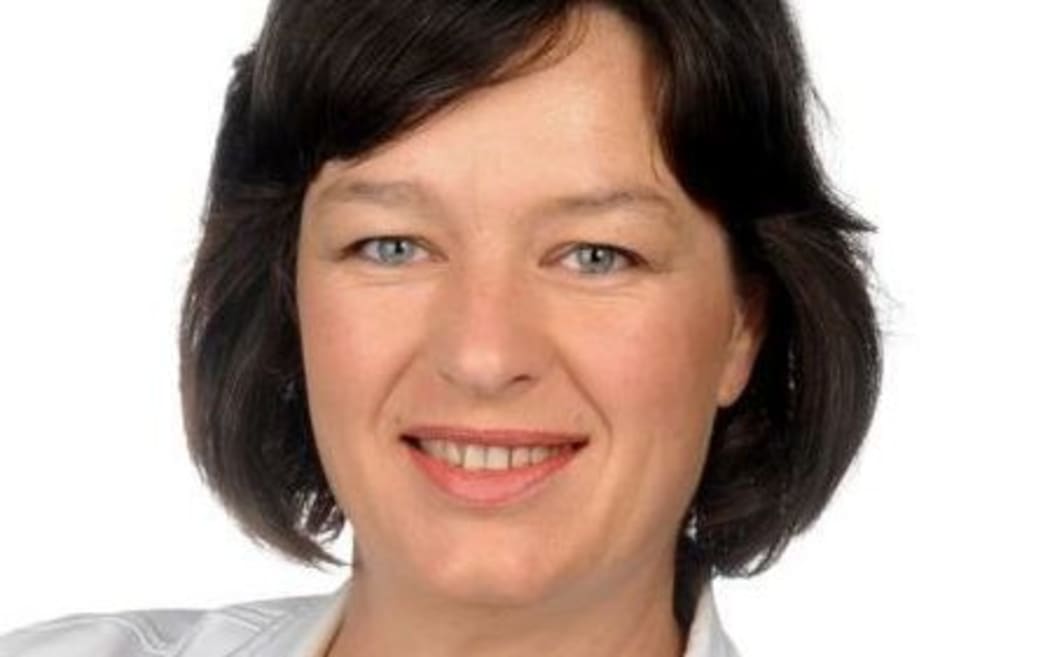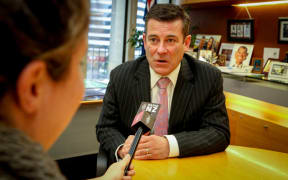The Government's controversial health and safety law passed its final hurdle in Parliament last night with opposition MPs saying so many corners have been cut, workers will pay with their lives.
The legislation deems sheep, beef and dairy farming to be low risk, meaning they will not have to have health and safety reps - despite being some of New Zealand's most dangerous working environments.

Sue Moroney Photo: Supplied
Labour MP Sue Moroney told the Government there would inevitably be consequences.
"When it comes to health and safety - when corners are cut, people die. This Government is cutting corners with this law, people will die," Ms Moroney said.
But the Government insists its struck the right balance between worker safety and red-tape for businesses and that New Zealanders will be safer at work.
National MP Paul Goldsmith said the new rules would make a real difference.
"The Government is committed to improving health and safety at work, this bill is an important part of that commitment and will play a major role in helping us to meet our target of reducing New Zealand's workplace death toll by 25 percent by 2020," Mr Goldsmith said.
Labour MP Iain Lees-Galloway said farming should always have been defined as high-risk but the Government manipulated the data to please its mates.
"There is no need for this ludicrous definition of what is a high risk and what is a low risk industry - this is a fix from the National Party that have been bent over by the farming lobby."
National MP Sarah Dowie was fed up with the criticisms from opposition MPs.
"We have had to sit here and listen to attacks with respect to our commitment to health and safety, with respect to our compassion, and our motivation toward health and safety," Ms Dowie said.
"And I want to say to the left, that you don't know us, you don't know what's gone on in our lives - and that we are committed."
Green MP Denise Roache said while New Zealand had appalling workplace injury and fatality statistics, they were not just numbers.
"Behind all these numbers are the people, the people who are sons and daughters and husbands and lovers and mothers and dads... the people who went to work one day, and didn't come home."
New Zealand First MP Clayton Mitchell was on the select committee which considered the bill. He said the committee's MPs were left perplexed.
"I think we have left that chamber and those discussions many times a little bit bewildered and confused, and certainly I have, about the lack of common sense that the Government is showing," he said.
"A little bit of ignorance, perhaps, about what constitutes health and safety."
Workplace Relations and Safety Minister Michael Woodhouse said it was possible some industries such as mini-golf, deemed high risk, would be reclassified as low risk following consultation.
He said it was equally possible that industries like quarrying could be upgraded to high, but there has been no suggestion that the classification of sheep and dairy farming is likely to change.





